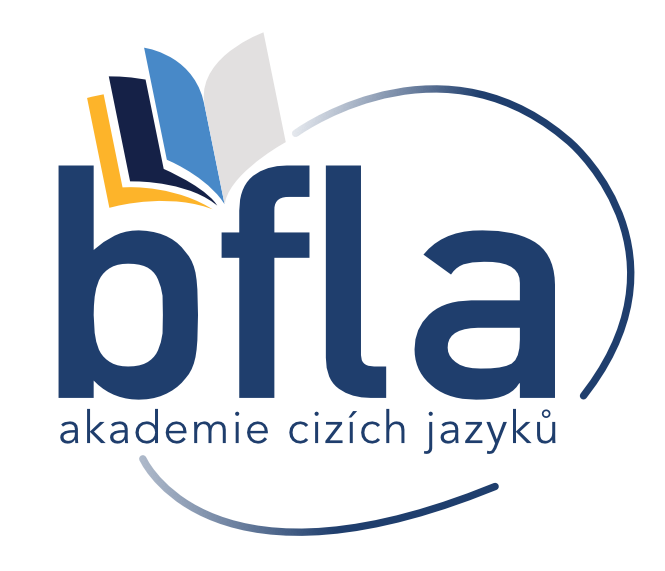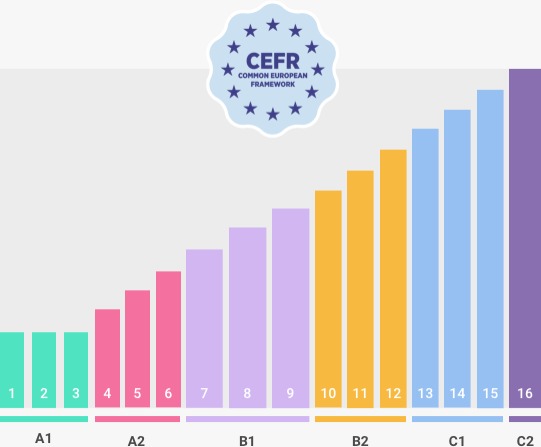If you are studying English or using English for a job application, it is a great idea to check your skills levels from time to time.


- All 16 levels of learning meet the standards set by the Common European Framework of Reference (CEFR), from level A1 to C2.
- You receive a certified English diploma for each successful level, allowing you to prove your language skills to universities or employers around the world.
- Download a certified diploma after finishing each of the 16 levels within our CEFR framework.
A1
I understand simple conversation, provided it is spoken slowly. I can ask and answer simple questions as long as the content of the conversation focuses on very familiar topics. I can use simple idioms to describe people I know and where I live. I can understand simple names, words and sentences on signs or posters. I can write simple short texts like a postcard and fill in my personal details in a form.
A2
I understand the gist of short, clear and simple messages. I can communicate in simple, routine situations and exchange information on familiar topics. However, I usually don’t understand enough to keep a conversation going myself. I understand simple everyday texts (e.g. brochures, menus, timetables, short letters …) and can find specific information. I can describe my family, my living situation, training or professional activity. I can write short, simple messages such as a thank you letter.
B1
I understand the main points of a conversation as long as clear standard language is spoken and the content of the conversation relates to familiar topics from work, leisure, etc. I can get the main information from radio and television broadcasts when people speak slowly and clearly. I can take part in conversations about familiar topics such as family, hobbies, work, or current affairs without preparation. I understand texts in which very common everyday or professional language is used. I can describe my own experiences, certain events, my own wishes or goals in simple language. I can tell a story or the content of a book or a film. I can write simple texts on familiar topics. I can write personal letters and report on personal impressions.
B2
I can follow longer and more complex speeches if I am reasonably familiar with the topic. I can follow news, reports, and movies on television as long as standard language is spoken. I can communicate spontaneously and fluently, so that a conversation with native speakers is relatively easy. I can take part in discussions and explain my point of view. I can give detailed information on many subjects. I can explain the advantages and disadvantages of different options. I can write detailed texts on topics that interest me. In an essay I can give information and explain arguments for or against a certain point of view.
C1
I can follow longer speeches and understand TV programs and films without great difficulty. I can express myself fluently and spontaneously without having to look for words too often. I can use the language flexibly and express my opinions and thoughts precisely. I can present complex issues in detail, as well as execute certain aspects and close my contribution appropriately. I understand long and complex factual and literary texts. I can understand specialist articles even if they are not in my area of expertise. I can express myself in writing in a clear and well-structured manner and adapt my style to the respective reader. I can write on complex topics and highlight important aspects.
C2
I have no problems understanding the spoken language in any form (“live” or in the media) even if it is spoken quickly. I just need some time to get used to a particular accent. I take part in conversations and discussions with ease. I am also familiar with slang idioms. If I have difficulty expressing myself, I can easily rephrase it so that you hardly notice it. I can read and understand all types of written text. I can present facts fluently and clearly and structure my explanations logically. I can write sophisticated letters and complex reports or articles. I can summarize and discuss specialist texts and literary works.